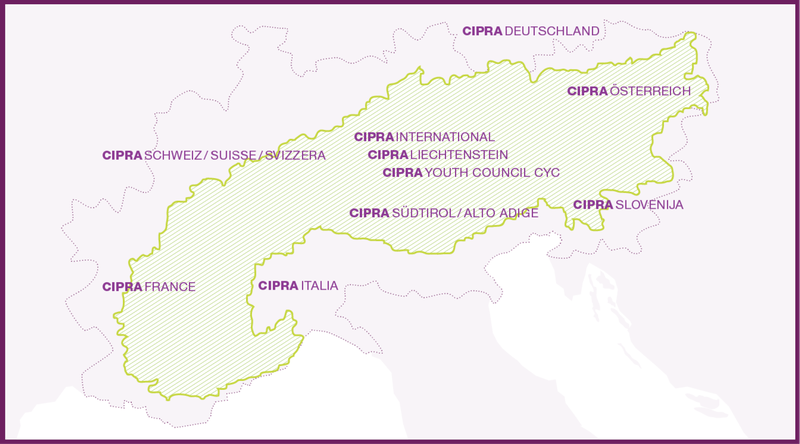Laura Haberfellner, CIPRA International Lab
Innovation to counter emigration
Emigration and the brain drain in the Alpine region: a new EU project involving CIPRA aims to counteract this trend. It is testing innovative governance models to strengthen mountain regions and create a win-win situation for regions of origin, destinations and young emigrants.
Who is CIPRA?
Find out more!
More articles
alpMedia | Schaan, LI
Successful destinations in alpine tourism
BAK - Basel Economics has been analysing the success and competitiveness of some 100 tourist destinations in the Alpine region on a regular basis since 2005; however the study focuses only on economic aspects and does not take ecological aspects into account.
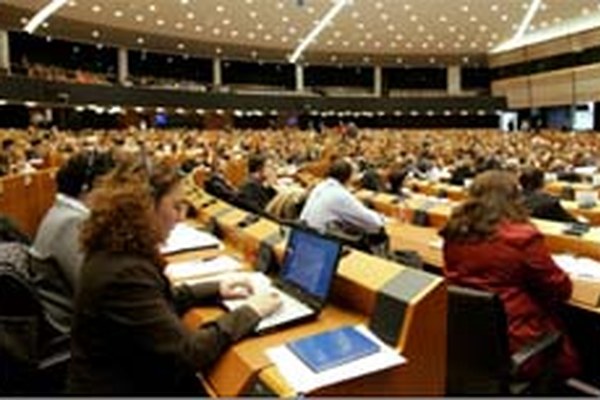
alpMedia | Schaan, LI
Citizens' Agora on the topic of climate change
On 12 and 13 June the European Parliament is inviting European civil society to the second citizens' Agora to express its views on the topic of climate change, submit analyses and proposals, and also define its role in future action.
alpMedia | Schaan, LI
Energy supplies at risk from shrinking glaciers
The shrinkage of the Mer de Glace in the French Alps is having a tangible impact on the use of hydropower.
alpMedia | Schaan, LI
Stable glaciers in Central Asia
Global warming is not causing all the world's glaciers to melt at the same rate.
Events
|
RECHARGE EUROPE | Alpbach (Austria) |
Projects
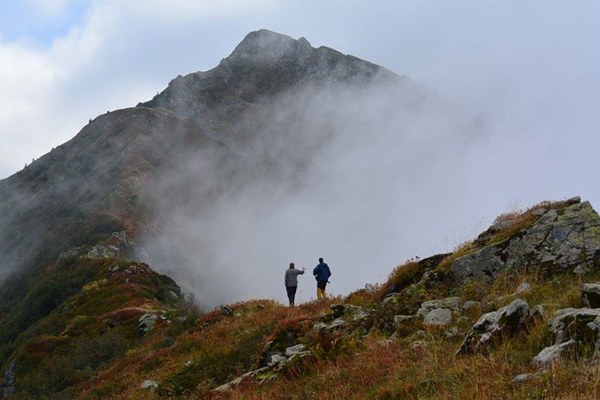
CIPRA International
Worthwild
[Project completed] Only minimally impacted by human intervention, areas with limited infrastructural development in the Alps provide European societies with a wide range of ecosystem services, such as the conservation of biodiversity and climate regulation.
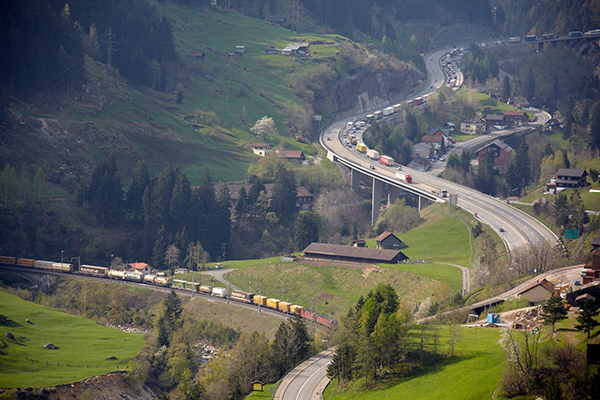
CIPRA International
AlpInnoCT
[Project completed] The Alps are a sensitive ecosystem that has to be protected from pollutant emissions and climate change. The alpine road freight transport has enormous ecological and sociocultural effects on the alpine habitat. Most actors such as forwarders, port operators, administrations and consumers, are aware of these negative effects and they are working on their own technical or regulatory solutions. However, a constructive and participatory dialogue between all involved actors, in order to promote sustainable freight transport within the Alps, has not been established so far.
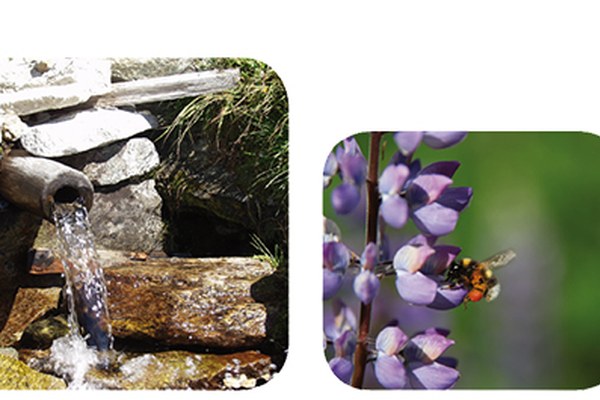
CIPRA International
AlpES
[Project completed] Ecosystems and their services go beyond national borders and need a transnational approach for their dynamic protection, sustainable use, management and risk prevention. As a basis for joint action, public authorities, policy makers, NGOs, researchers and economic actors – the AlpES target groups – need a common understanding of ecosystem services, comparable information on their status and support in using appropriate tools for integrating them in their fields of work.

